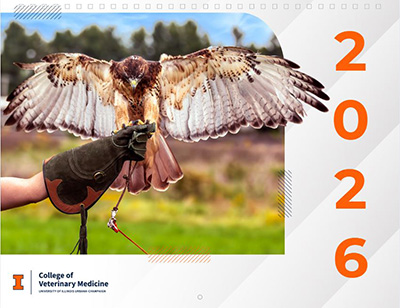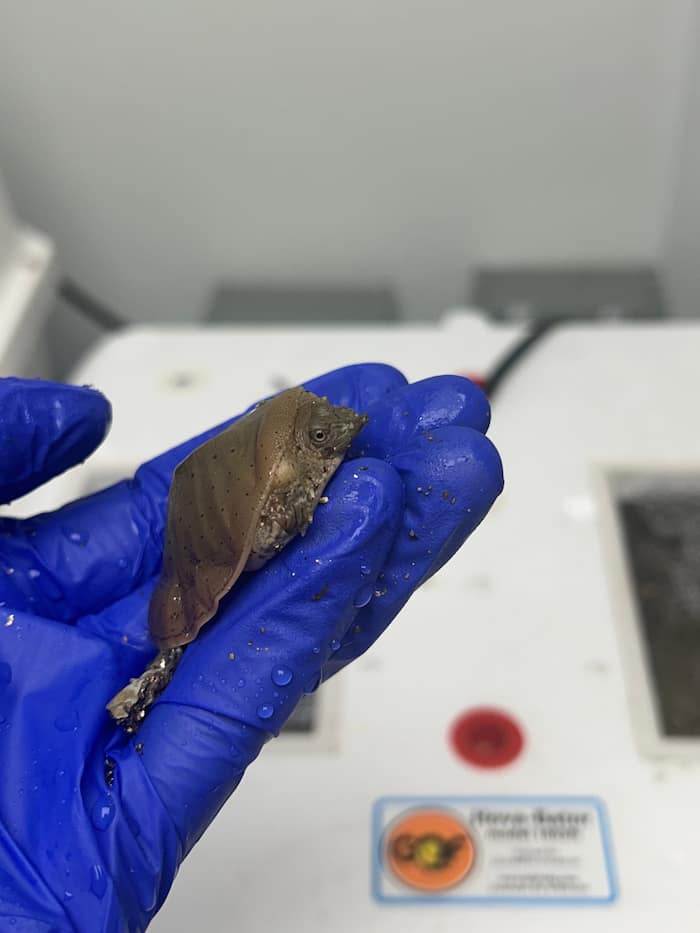The Tiniest Thru-Hiker
Ruby-throated hummingbirds can fly over 1,000 miles without stopping, an impressive feat for a
creature that usually weighs in at just around 4 grams. These hummingbirds are a migratory
species, spending their summers spread across the eastern United States and overwintering in
the much more comfortable climates of Central America.
Baby hummingbirds are born in the summertime and only stay in the nest for a few weeks
before venturing out on their own. Their first migration is the hardest, simply because they need
to build muscle and fat reserves from a larger deficit before embarking on their long journey. As
hatchlings and fledglings, ruby-throated hummingbirds eat a regurgitated meal from their mother that is high in protein and sugars. Younger birds are fed every 20-30 minutes to accommodate their extremely high metabolisms. As they age, the birds will convert to a more nectar-heavy diet, though they will continue to eat insects as well in order to balance their nutrition.
As summer turns to fall, these fledglings will start to explore the world outside of their nest. They must get used to flying, hunting, and evading predators, but they will not be experts from the start. You may occasionally find a fledgling hummingbird in your backyard or along the sidewalk.
If you do, keep the following in mind:
- Always look around to try and locate the nest. Returning the hummingbird to the nest gives it the greatest chance of survival.
- Hummingbirds should not spend any time on the ground at any point, even as fledglings. If a nestling hummingbird is on the ground and uninjured, it can be returned to the nest. If you find an adult hummingbird on the ground, it is likely to be sick or injured and needs to be brought to a licensed rehabilitator immediately. Even a few hours without food can be fatal to a hummingbird.
- Once the hummingbird is back in the nest, observe it frequently for the rest of the day to make sure its mom comes back. Often people will miss the mother’s return to the nest because she is quite fast and only takes seconds to feed her nestlings.
- If the nest is nowhere to be found, appears abandoned, or the bird is suspected to be injured, place it in a small box, lined with a washcloth.
- Bring the bird to the nearest licensed wildlife rehabilitator. They will be able to provide the bird with the proper nutrition and housing to be released before the winter sets in. The University of Illinois Wildlife Medical Clinic is located at 2100 S Goodwin Ave in Urbana, Illinois. If you are not local, use wildlifeillinois.org to locate your closest rehabilitator.

Sources
- https://www.allaboutbirds.org/guide/Ruby-throated_Hummingbird/id
- https://www.allaboutbirds.org/news/tiny-hummingbirds-incredible-migration/
- https://en.wikipedia.org/wiki/Ruby-throated_hummingbird
- https://discoverwildcare.org/how-to-help-hummingbirds/
Written by Lydia, class of 2027




